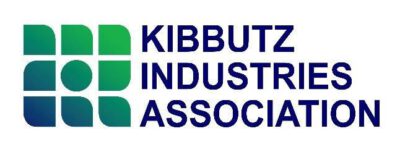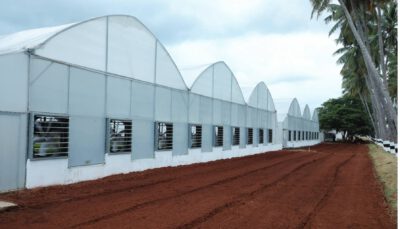Kibbutz Industries Association: Innovation and Cutting-edge Technologies
Kibbutz Agritech solutions are implemented worldwide, supporting Sustainability, Water purification, development of infrastructure and fighting desertification and world hunger
Kibbutz Industries Association (KIA) was established in 1962 and is part of the Manufacturers’ Association of Israel. It represents more than 300 factories, industries and start-ups of the kibbutzim, cooperative rural communities, and regional industrial corporates throughout Israel. The companies are long-established, leading in multiple sectors such as medical and defense, excelling in advanced agricultural and food technology solutions, as well as innovative water technologies that are acknowledged worldwide.
Kibbutz Agritech solutions have been implemented in diverse agriculture fields in Israel and worldwide, supporting sustainability and other global goals like water purification, development of infrastructure and fighting desertification and world hunger.
Innovation and cutting-edge technologies are utilized and implemented in the supply chain and on the production floor for many years, creating vibrant and successful companies mostly operating in a cooperative business model.
“Agritech Israel”, operating under the KIA organization is a special NGO established in 1985 supporting more than 600 Israeli Agro-technology and water related companies.
KIA in numbers:
- 300 companies, $15.5 B Sales, 75% Export
- 274 Kibbutz Communities, 170,000 members, 80% in periphery, 2% of the population
- >10% of Israel’s manufacturing product, 4.5% R&D Expense
- 45% of Israel’s Food Security
Business model: The 3 pillars
- Technology and Innovation Culture:
Agrotechnology cases:
- Drip Irrigation Technologies, water management re-use
- Pest Management and Biological Pest Control, avoiding the use of toxins
- Hydroculture and Aquaculture, making use of detached surfaces to avoid salty ground and water
- Grain improvement, crop handling and advanced packaging
- Circular economy in agriculture to optimize supply chains
- Utilizing high-tech methods in Cattle and Herd Farming with Big Data and IoT to optimize meat and milk production
- Business Reach-out and Local Added Value:
75% of the kibbutz industries’ market are international markets.
300 companies own or partner with 500 subsidiaries worldwide.
This business model is a Win-Win formula, since it creates jobs and knowhow for the host country and provides better market growth and local content to the company
- Cooperative Added Value: Cooperative Culture:
We Pool our resources together to invest in education, research and development.
We use common infrastructure for effective post-harvest and operate “Economy of Scale” to plan, distribute and develop new markets.
We finance our farmers and act as banking facilities for investments.
We handle conflict; mitigate risks and work together to influence legislation and government support.
For more information:

Michal Tsoran
Director of International Trade
+972 54 2872208
Photos: Courtesy of KIA



